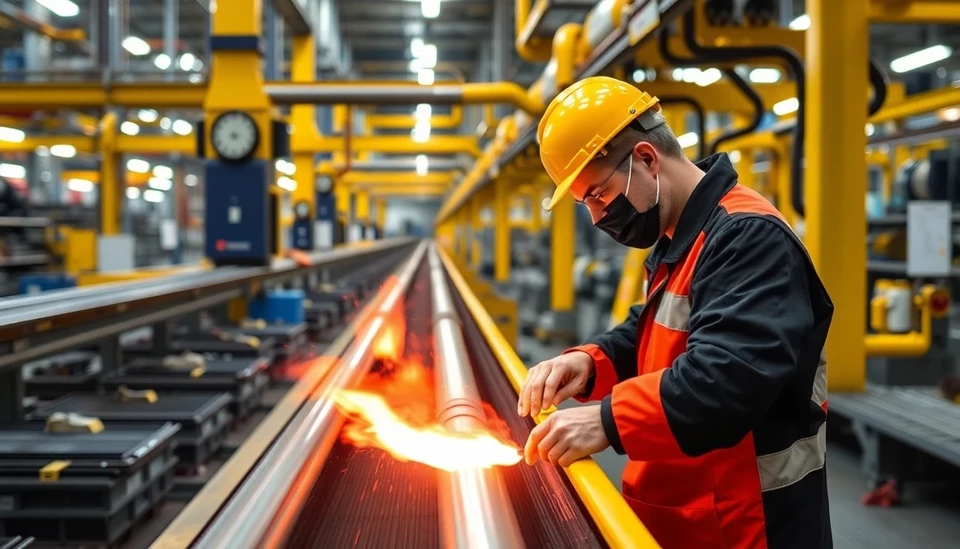
In a surprising turn of events, Germany's industrial production experienced an unexpected downturn in October, marking a notable shift from its prior growth trajectory. This deviation has sparked concerns among economists and industry leaders, who were anticipating a continued recovery in one of Europe's largest economies.
Data released by Germany's Federal Statistical Office revealed that industrial output fell by 1.4% in October on a seasonally adjusted basis, a stark contrast to the analysts' predictions of a modest increase. This unexpected contraction is significantly concerning, especially considering that September had shown a revised increase of 0.6%—a figure that itself pointed towards an encouraging recovery in production activities.
The decline in production was particularly evident in key sectors that traditionally drive the German economy. Manufacturing output decreased particularly sharply, which is alarming given the country's reliance on industrial strength for its economic stability. The automotive sector, a crucial element of Germany’s industrial backbone, reported a contraction that will likely ripple through related industries and supply chains.
Economists speculate that this downturn may be influenced by several factors, including ongoing supply chain disruptions, high energy costs, and general global economic uncertainty. The ramifications of these challenges have made it difficult for manufacturers to maintain consistent output levels, particularly in light of rising interest rates and inflationary pressures permeating the market.
This decline has raised eyebrows not only in Germany but across Europe, as many nations closely monitor industrial activities as an indicator of economic health. Analysts fear this may suggest a slowdown in economic growth, further complicating the continent's recovery from the pandemic's aftermath while dealing with increased geopolitical tensions and tighter monetary policies.
The implications of this data highlight the delicate balancing act that policymakers face. While attempts are ongoing to stimulate growth through monetary easing and other fiscal measures, this decline in industrial production raises questions about the effectiveness of such strategies amidst persistent global challenges.
In summary, the unexpected 1.4% decline in Germany's industrial production for October serves as a crucial reminder of the volatility present in today's economic landscape. As analysts and stakeholders digest these numbers, they remain watchful for any signs of recovery or further declines that may shape the trajectory of Germany’s economy in the coming months.
#Germany #IndustrialProduction #Economy #Manufacturing #GlobalTrade #EconomicGrowth #GermanyEconomy #MarketAnalysis #SupplyChainDisruptions
Author: Daniel Foster




